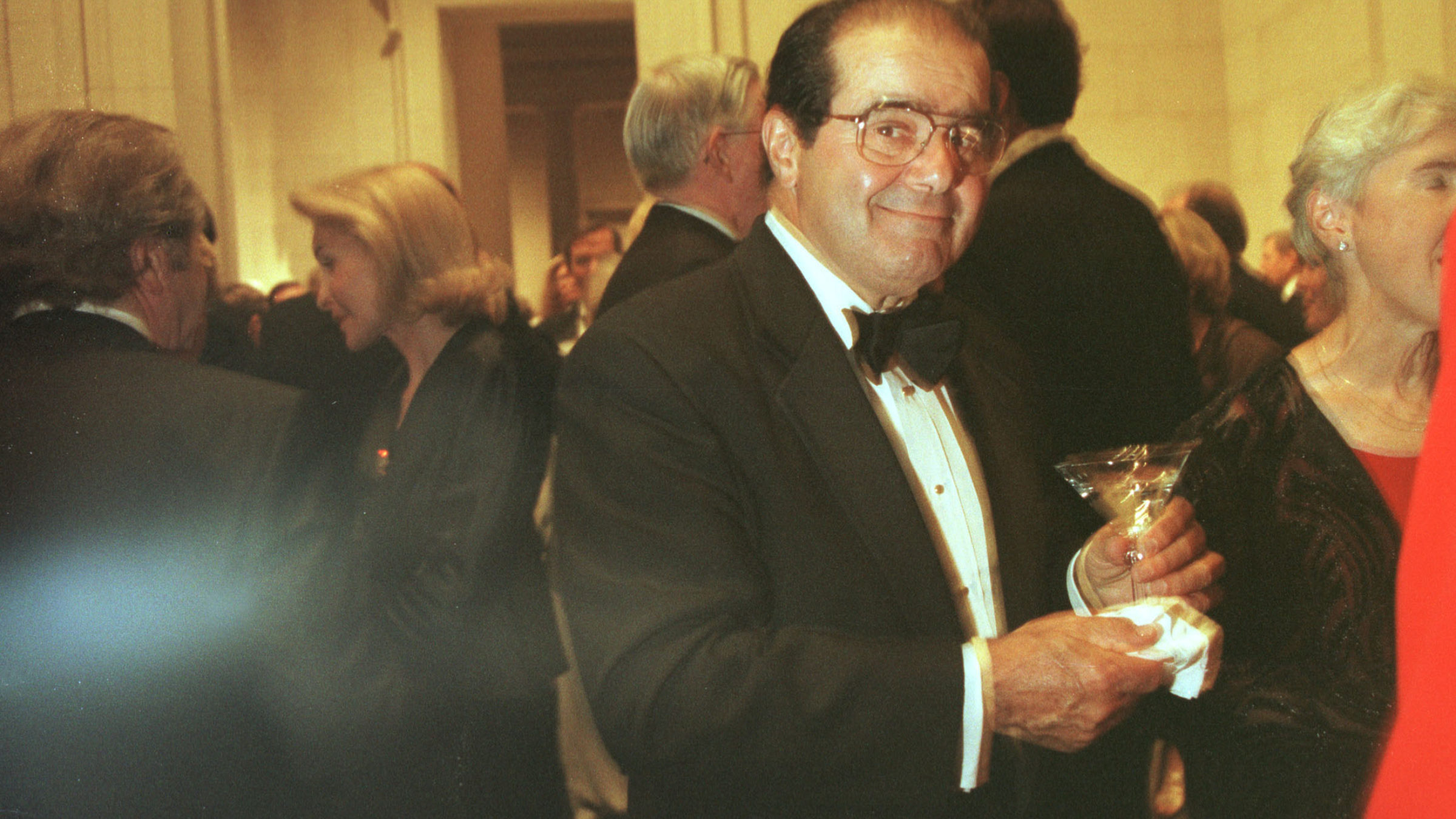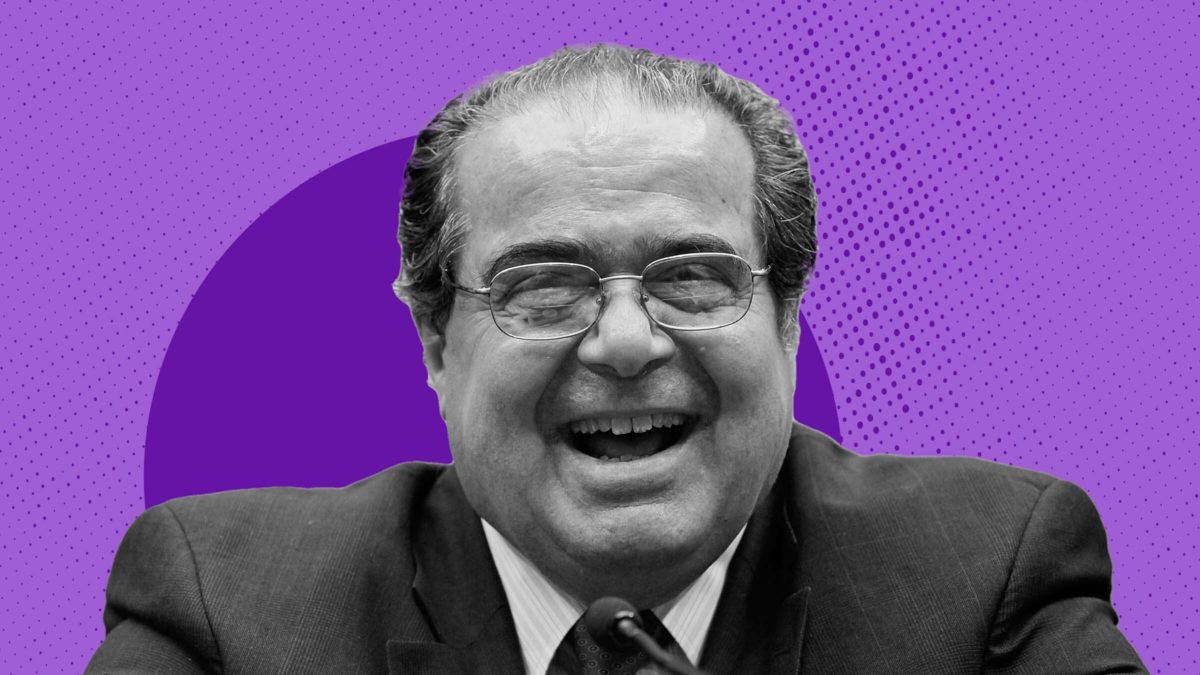The judicial system is tilted in favor of police and prosecutors. Qualified immunity shields police from civil liability for violating constitutional rights unless their conduct violates “clearly established” law, which means that unless a previous court found a previous cop liable for the exact same conduct, they face no consequences. Then there’s absolute immunity, in which certain federal law enforcement officials can never, ever be liable for anything. And although those doctrines are finally getting attention from skeptical politicians hoping to end the practice, there remains another barrier: Heck v. Humphrey, a 1994 Supreme Court case that functions as yet another get-out-of-liability-free card for cops everywhere.
Heck is about a federal law known as Section 1983, which allows for money damages when someone proves that a government official deprived them of their civil rights. But Heck carves out a giant exception: If you were convicted of the crime associated with the civil rights violation and haven’t had that conviction reversed or expunged or invalidated in some other way, Heck means you don’t get to bring a Section 1983 lawsuit, period.
Roger Heck was convicted of manslaughter in Indiana and sentenced to 15 years in prison. While incarcerated, he filed a Section 1983 claim alleging misconduct on the part of prosecutors and the police, who, he said, knowingly destroyed exculpatory evidence and used an unlawful voice identification procedure at trial. (Among the issues with his conviction: One witness came to the police station, asked to hear a tape of Heck’s voice, and only then confirmed that she had heard his voice the night of the crime.). He asked for compensatory and punitive damages, but didn’t ask for his conviction to be overturned. (For good reason: He couldn’t do so. Section 1983 only allows for recovery of damages in federal civil suits. Getting his conviction overturned would have required an action in state criminal court, such as a motion for a new trial.)

When you just thought of another way to make life harder for criminal defendants (Photo by Karin Cooper/Liaison)
In a unanimous opinion written by Justice Antonin Scalia, the Court turned him away. The problem with Heck’s request, Scalia explained, was that for the Court to agree with his contention that the state owed him money for his unconstitutional conviction would “render a conviction or sentence invalid.” That, however, is pretty much the point. If police, prosecutors, or other state actors did something unconstitutional in arresting you, convicting you, or incarcerating you, that should mean you don’t sit in jail as a result. Citing a tainted conviction to justify the underlying civil rights violations is like Rosie Ruiz hanging on to her Boston Marathon medal because she, as a matter of fact, crossed the finish line first.
The opinion is self-satisfied even by the standards of Scalia, who placed great weight on “the hoary principle that civil tort actions are not appropriate vehicles” for challenging convictions. That’s a smug way of saying that unless someone first proves their conviction was wrongful—either that they are actually innocent, or that procedural errors that made the conviction improper—they have no avenue to recover civil damages, no matter how badly they were treated, no matter how much the bad actions of prosecutors or police might have contributed to that conviction.
This analysis badly misconstrues how the criminal legal system works. Convictions are not necessarily indicative of guilt, and often just mean someone who lacked the resources to fight decided to take a plea deal instead. And conviction for a crime doesn’t magically erase any misconduct that enabled it. A cert petition before the Supreme Court right now highlights how Heck forms part of the endless diminishment of the rights of defendants during the plea bargaining process.
In Arrington v. Los Angeles, Samuel Arrington spent 19 months in jail on a charge of resisting arrest. He maintained his innocence throughout, but ultimately agreed to plead no contest, which does not require him to admit guilt, in order to limit his sentence to time served. Before doing so, Arrington was told—by the judge in the case, no less—that he could still pursue his civil rights action against the police officers who cracked his skull with batons, leaving a wound that required 18 staples to close. This was bad advice: A federal appeals court decided that Arrington’s case couldn’t go forward because he’d decided to take a plea deal so that he could go home.
Of course, it’s not just plea deals that are at issue. The Georgia Innocence Project estimates that between 4 and 6 percent of people convicted of crimes are actually innocent. Black people are overrepresented in this category, and are twelve times as likely to be wrongfully convicted of drug crimes and seven times as likely to be wrongfully convicted of murder. Vanishingly few people get their convictions reversed or exonerated, and the public stance of one of this country’s two major political parties is that helping exonerate the wrongfully convicted is basically treasonous. The implication of Scalia’s opinion in Heck—that getting a conviction reversed in order to vindicate one’s civil rights is easy—is pure fantasy.
Every lever of the criminal legal system is stacked against criminal defendants. The civil justice system is no kinder to them. Together, they constitute an all-too-generous shield for the wrongdoing of the state—a shield the Court is happy to carry.

